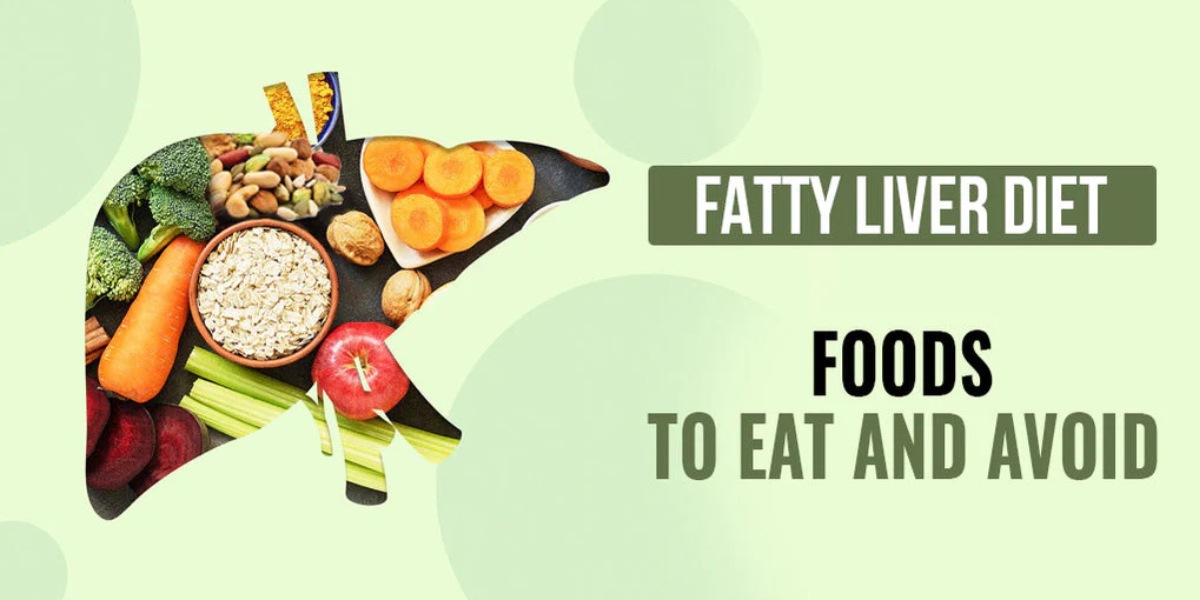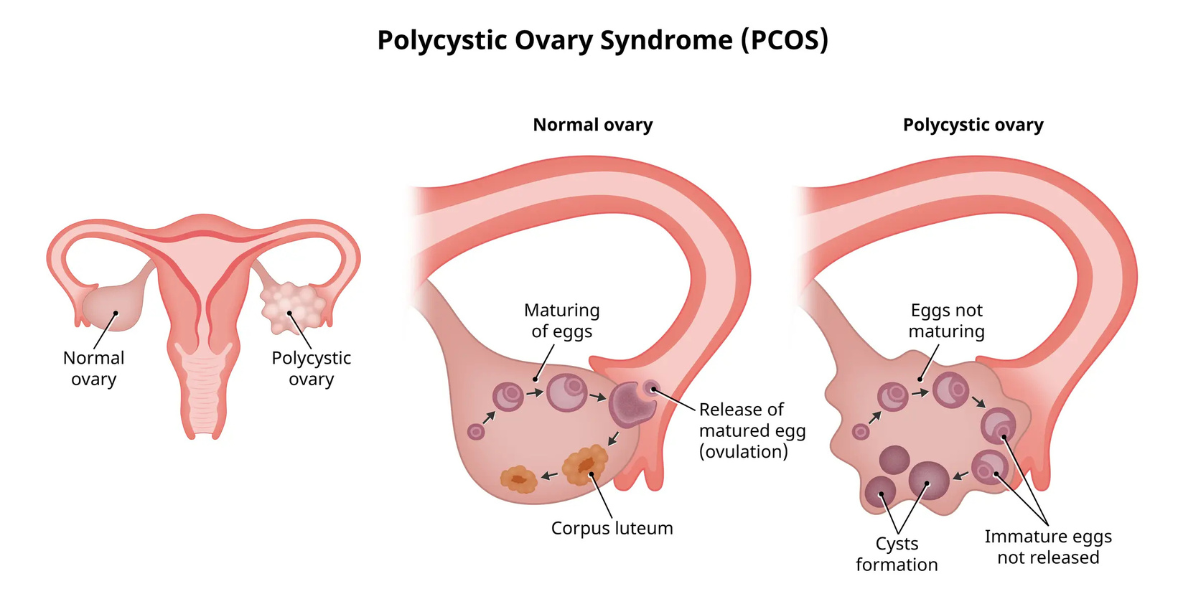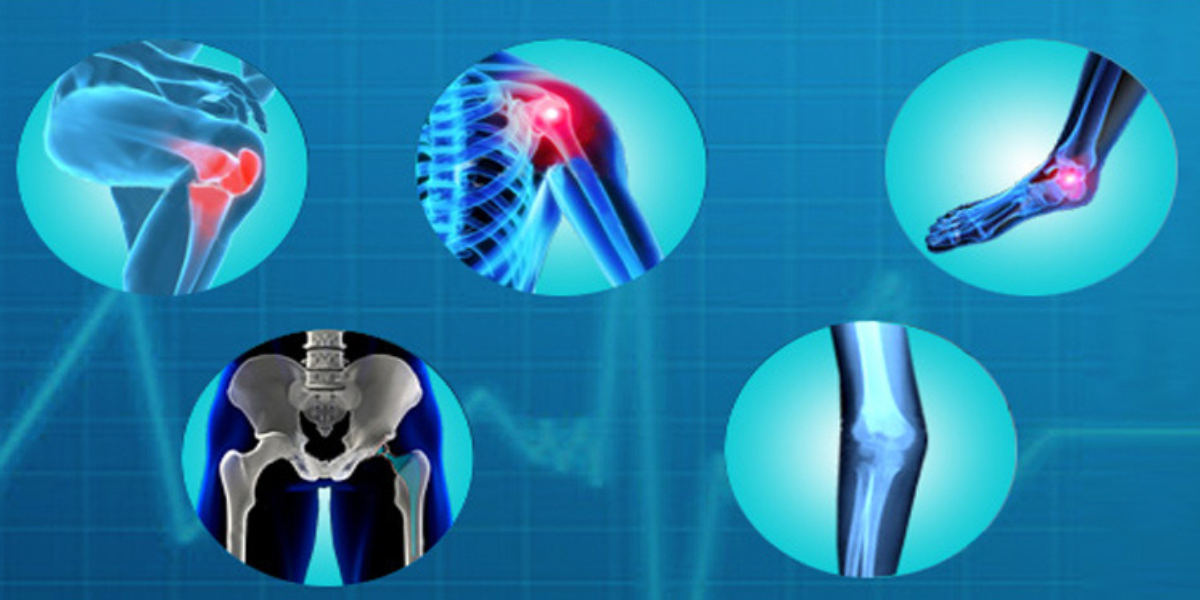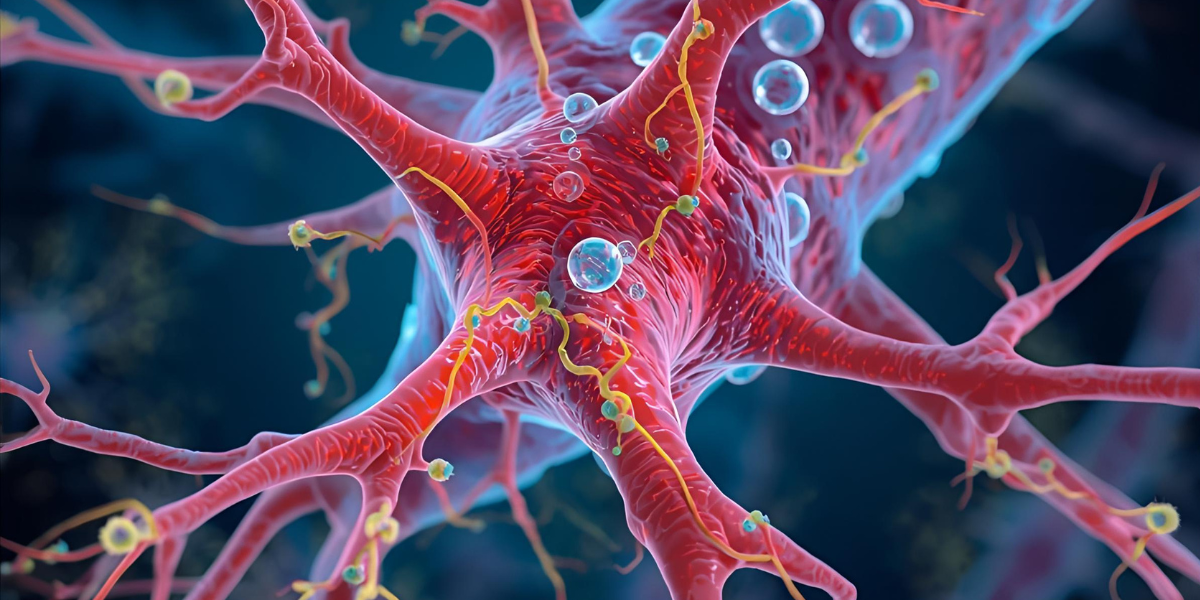
What happens during the various stages of menopause
Introduction
Menopause marks the end of a woman’s menstrual cycles and fertility. It involves several hormonal changes and menopausal symptoms at different stages of menopause. Let’s understand what actually happens during the various stages of menopause. The phase before menopause is called the perimenopause and the phase after menopause is called postmenopause.
Perimenopause
This phase starts several years before menopause. Here, the ovaries start producing less estrogen gradually through the time which is why you start getting your periods irregularly. You might notice that as time passes by, the gap in between your periods increases. Many may also start to experience the various menopausal symptoms like hot flashes that are sudden flares of heat and sweating, mood swings due to the hormone imbalances and vaginal dryness that leads to dry and irritated vulva. This phase is a transition to actual menopause and usually starts when you are in your 40s. As you are still having menstrual cycles during this time, you can still get pregnant.
Menopause
Now as your periods continue being irregular, menopause is when the occurrence of periods completely stops. Your estrogen levels have been dropped to a significant level and your menstrual cycle has completely ceased. Officially, menopause is declared after 12 consecutive months without a menstrual period. Again, the symptoms of menopause continue to persist. On an average, menopause happens from ages 51-55.
Postmenopause
This is the phase after menopause that lasts for the rest of a woman’s life. This is where the estrogen levels have stabilized at a lower level and you might not experience most of the menopausal symptoms anymore. However, due to the low estrogen levels, postmenopausal women are more vulnerable to various health conditions like heart diseases and osteoporosis.
Before menopause, estrogen provides some protection against heart disease by helping to keep arteries flexible and promoting healthy levels of cholesterol. After menopause, when estrogen levels decline, this protective effect diminishes, hence leading to an increased risk of heart disease. To deal with it, it is important for women to maintain a healthy weight and opt for a diet low in saturated fats and cholesterol.
Estrogen plays a crucial role in maintaining bone density too. After menopause, the declining estrogen can lead to rapid bone loss and an increased risk of osteoporosis which results in weakened, brittle bones that are more susceptible to fractures. Hence it is important to intake calcium and vitamin D through diet or supplements.
Conclusion
Menopause is a journey that every woman has to go through in her life. Understanding what actually happens inside the body makes it easier for us to manage it. Getting educated about the various issues that one might face, gives us plenty of time to prepare for it and take lifestyle and treatment approaches that are suitable.






